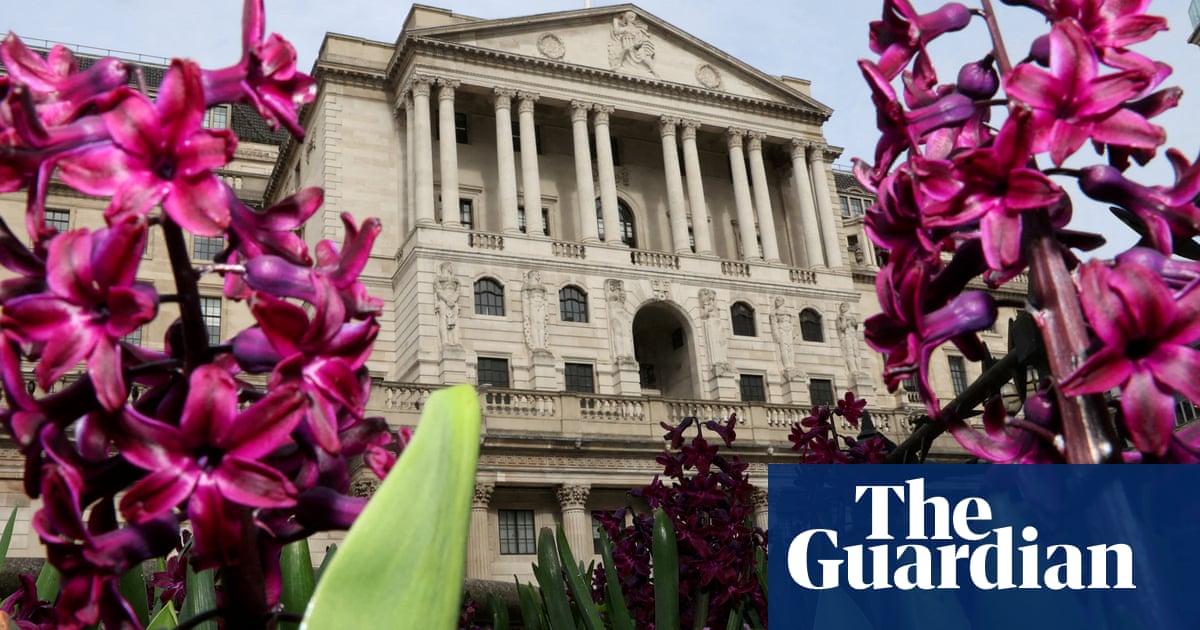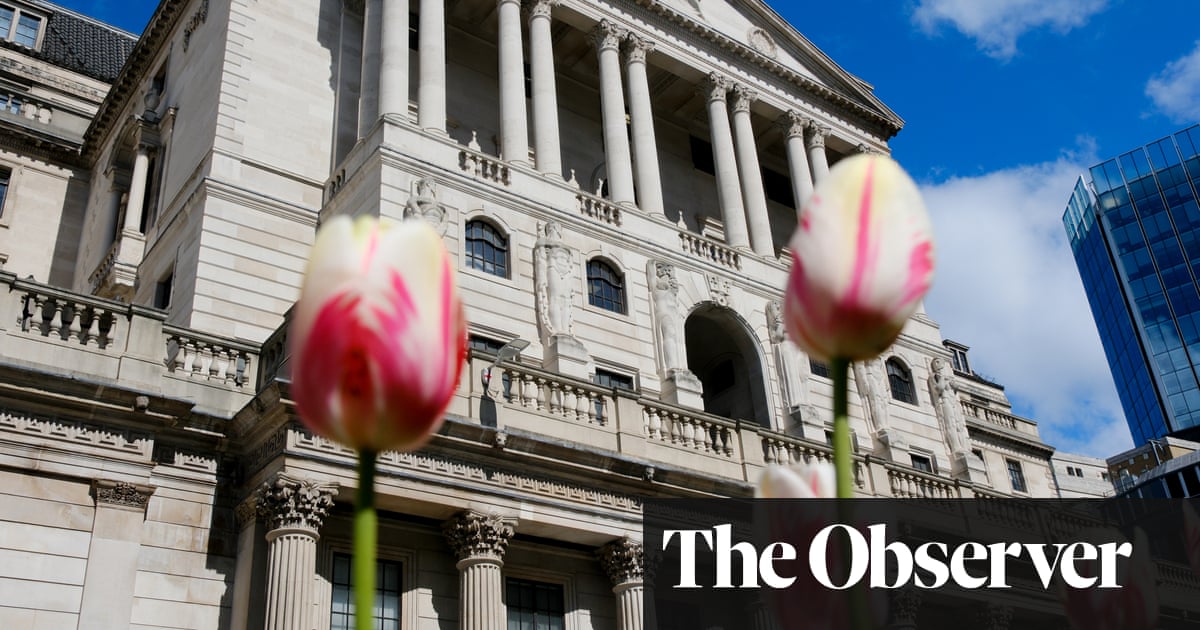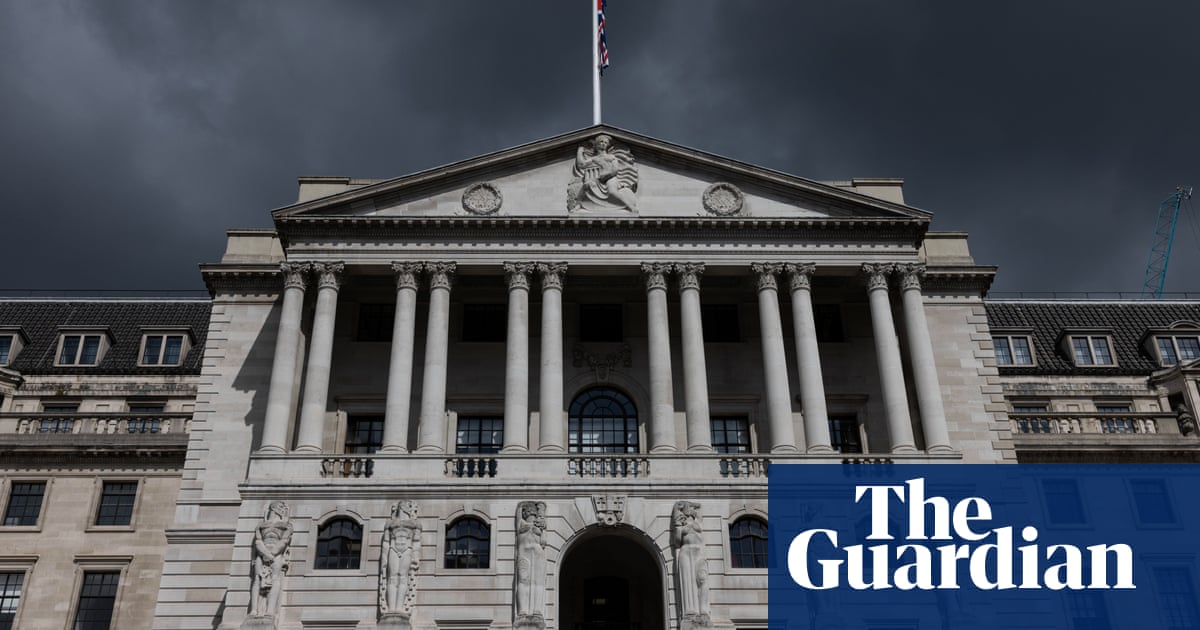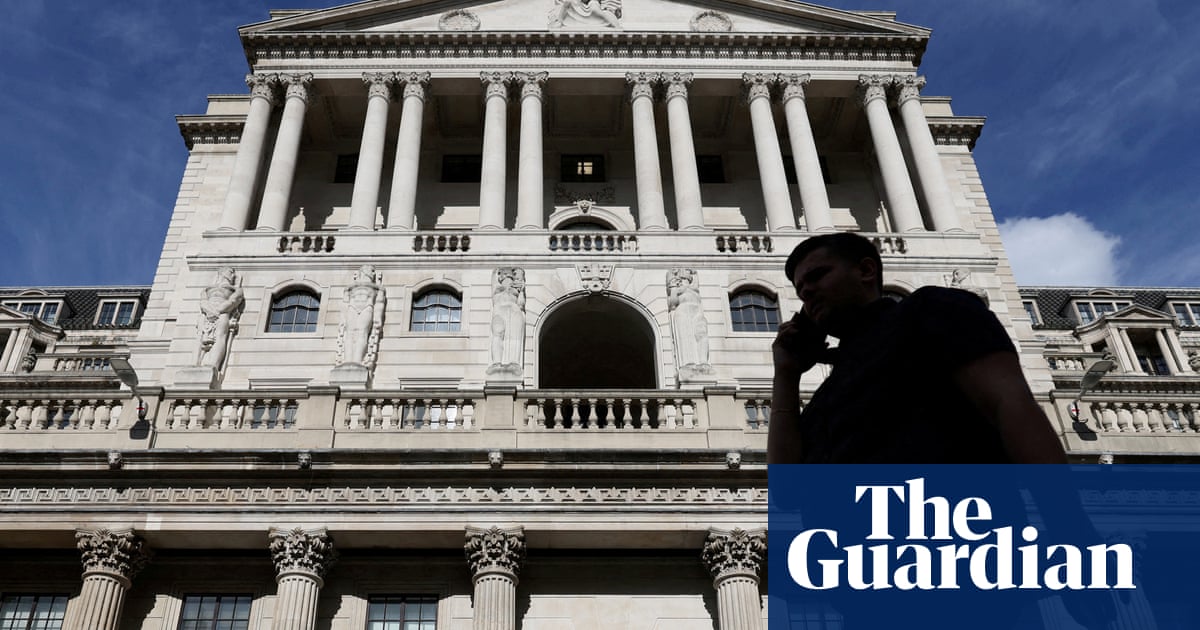
For a second month running, inflation has fallen short of the Bank of England’s expectations. After beginning the process of cutting interest rates last month, the big question is whether Threadneedle Street could cut again on Thursday.
There is little doubt inflation has returned to more manageable levels, having dropped from a peak of 11.1% less than two years ago, the highest since the 1980s. With the consumer prices index at 2.2% in August, matching the level in July, the reading was below the 2.4% level the Bank expected.
There was good news for the monetary policy committee from lower prices at the pumps for motorists, as well as the falling costs of restaurant meals and hotel stays. Raw material costs also fell, driven by lower crude oil prices, while factory gate price growth slowed.
After data earlier this month showing a cooling jobs market and disappointing economic performance in July, when growth unexpectedly flatlined, policymakers could argue that keeping interest rates at among the highest levels since before the 2008 financial crisis is no longer necessary.
However, inflation still remains above the Bank’s 2% target. The Bank has also cautioned it could reach 2.75% before the end of the year, while Andrew Bailey, its governor, has warned it is “too early to declare victory” against inflation just yet.
Before Thursday’s interest rate decision, there is plenty of evidence from the inflation figures to suggest the Bank will maintain a cautious approach to cutting borrowing costs.
Underneath the stable headline figure, price growth in the services sector – closely watched by the Bank for signs of domestic inflationary pressures – rose from 5.2% in July to 5.6%, marginally ahead of financial market expectations. Core inflation – which excludes volatile items including energy, food, alcohol and tobacco – also rose, from 3.3% to 3.6%.
For households, this means the pressure has far from dissipated. Prices are much higher than they were four years ago, and are continuing to rise, albeit at a slower pace than earlier this year.
There will also be more to come for households in the autumn, with a rise in the Ofgem energy price cap in October that will leave families facing a 10% increase in their bills in the run-up to winter.
With these signs of inflation persistence, particularly in the service sector, City investors expect the Bank will keep interest rates unchanged at the current level of 5%. Financial markets are pricing in a 75% chance of a hold decision.
However, should inflation remain at manageable levels, the expectation is that Threadneedle Street will resume cutting interest rates before the end of the year to help ease some of the pressure on households from high borrowing costs, with November the next most likely date for a cut.












